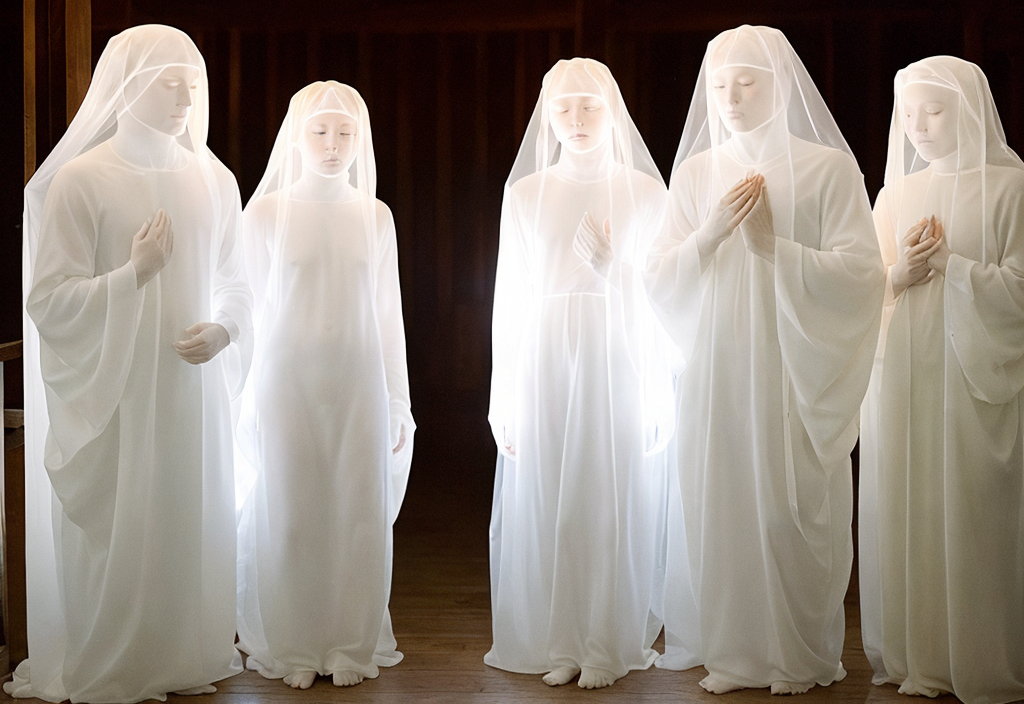“Unraveling the Mystery of ‘Us’ in Genesis 1:26 – Perspectives Across Faiths”


The verse Genesis 1:26 in the Bible, when translated directly from the original Hebrew, reads: “And-said God, let-us-make man in-our-image, after-our-likeness; and-let-them-rule over-the-fish-of the-sea, and-over the-birds-of the-heavens, and-over the-cattle, and-over all-the-earth, and-over every-creeping-thing, that-creeps upon-the-earth”. The usage of plural language, “us” and “our,” elicits a compelling question: Who does this “us” refer to? To navigate this fascinating query, we’ll explore interpretations from Jewish, Christian, and broader perspectives.
Jewish Interpretations (After all, they wrote and kept these books.)
In Jewish thought, two central interpretations are typically considered:
- The Divine Council View: This interpretation suggests that the “us” refers to a divine assembly or council of angels, where Yehovah is in dialogue with His celestial beings. This view is supported by other Biblical passages such as Job 1:6 and 1 Kings 22:19, which depict a divine council or assembly.
- The Majestic Plural View: This interpretation posits that the “us” in Genesis 1:26 is an instance of the ‘majestic plural’ or ‘royal we.’ It’s a linguistic tradition where a monarch or high authority refers to themselves in the plural form, symbolizing their high status or importance.
Both views align with Jewish monotheistic teachings, underlining the profound reverence for the Oneness of God.
Christian Interpretations
In Christian theology, a significant interpretation has been proposed:
- The Trinitarian View: This perspective interprets the “us” as a reference to the Holy Trinity: the Father, the Son, and the Holy Spirit. This interpretation sees the plural language as an anticipation of the New Testament’s revelation of the triune nature of God. Verses like Matthew 28:19, where Yeshua instructs his disciples to baptize “in the name of the Father, and of the Son, and of the Holy Spirit,” are often cited as evidence for this viewpoint.
Each of these interpretations carries different theological implications and is understood differently across religious traditions. It is a testament to the richness of the Biblical text that a single word, “us,” can inspire such diverse interpretations and invite deep, meaningful engagement with the scripture.
We must always remember that understanding scripture often requires more than a surface reading, and the question of who the “us” refers to in Genesis 1:26 compels us to dive deeper into our sacred texts. As you reflect on these perspectives, consider which resonates with you and your understanding of the Divine.
(Note: As scripture interpretation can be complex and multifaceted, reflecting our diverse experiences of faith, it’s always advisable to seek the counsel of a knowledgeable religious advisor when delving into these texts.)

